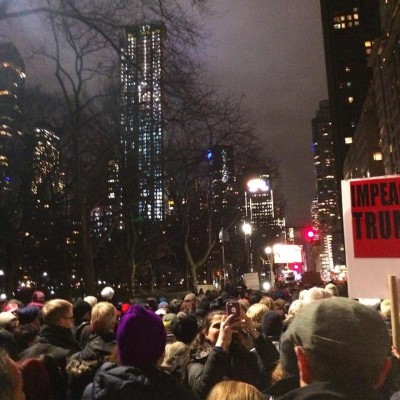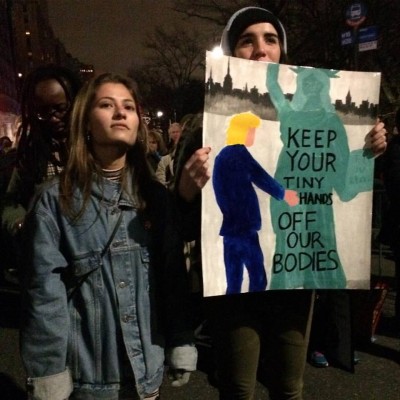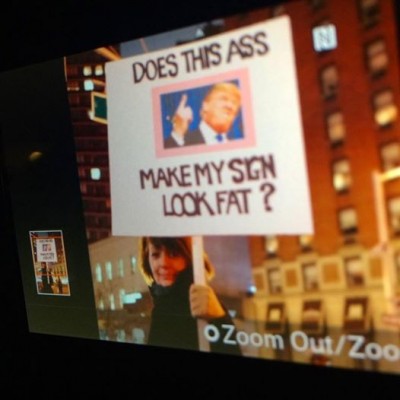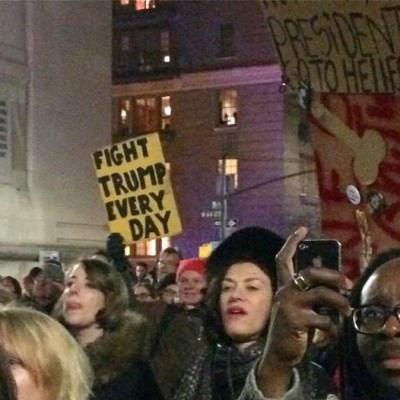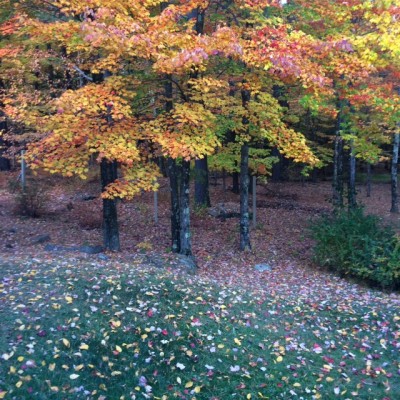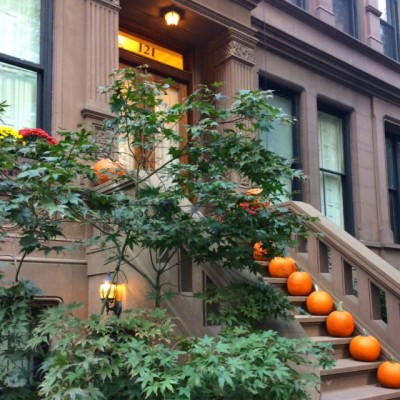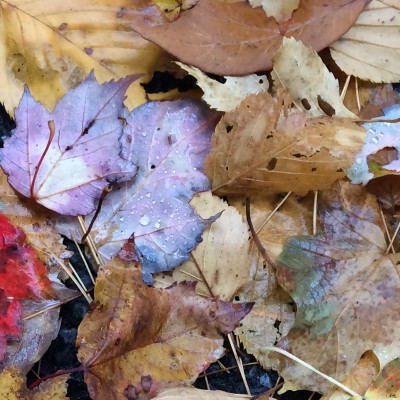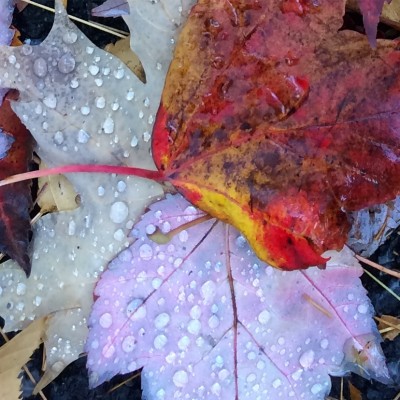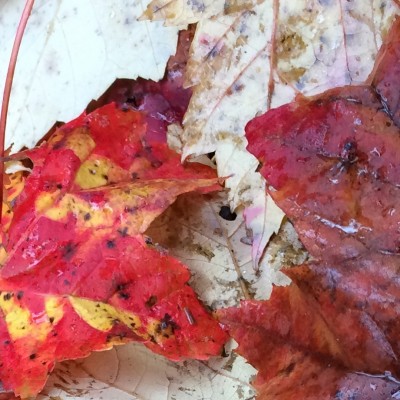To be alive in times of trouble, in times of chaos, in times of uncertainty. Throughout my life, I’ve wondered if I could do what so many before me have done, could I be useful if called upon? From a very young age, I identified with the work of feminism, the work of equality. Learning about the Civil Rights leaders who changed the country, even by an act as simple, yet radical, as sitting at a lunch counter down the street from where my granddaddy worked in Greensboro, taught me that we can make change happen where we are right now. Watching the Vietnam War on television as a small child, witnessing women standing up for equal rights in the 1970’s. These things formed me.
But I’m a poet by nature, which I realized even more clearly once I enrolled in journalism school. Hard news training asked things of me I felt I couldn’t give—complete objectivity, the willingness to go to jail to protect sources if necessary, the strength to ask the tough questions no matter the cost. We were trained to be public servants, watchdogs protecting society from any absolute power. It seemed awfully serious and heavy to me at the time. Why was I there, I wondered, if I wanted to write fiction, poems, features? Why was I there if I lacked the type of courage and stamina needed to work in the field at its highest level? I didn’t really know, but I stayed. I never became a reporter, but I never forgot what I learned.
Today, I believe our country has fallen into times of trouble, chaos and uncertainty. I haven’t posted on the blog since before the election. I was busy working to try to do what I thought was right. The outcome of the election demanded more of the same from me. And now I ask myself if I’m going to be the kind of person I admired when I was young. Am I going to fight injustice and fight for equality? How will I do that? Right now, I’m asking myself those questions while trying to use poetry, photography, writing to lead me in the direction of usefulness, to the places where I’m needed. I hope my blog will reflect some of that as we activists move forward and use our gifts and voices.
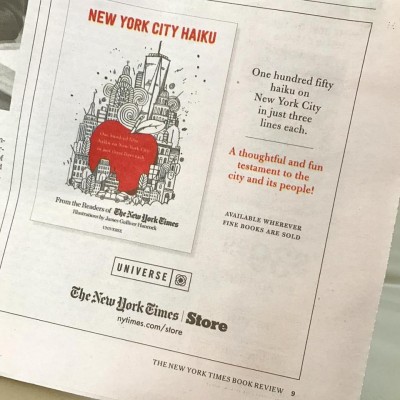
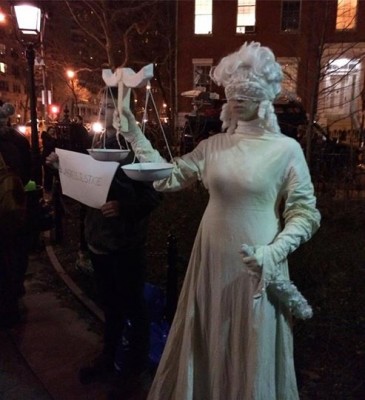
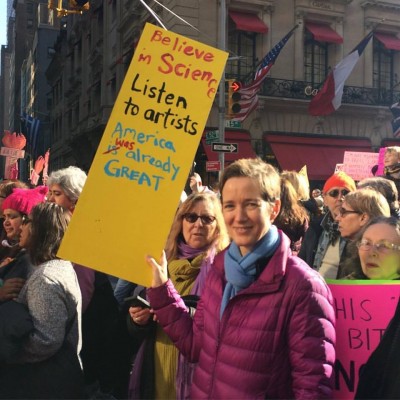
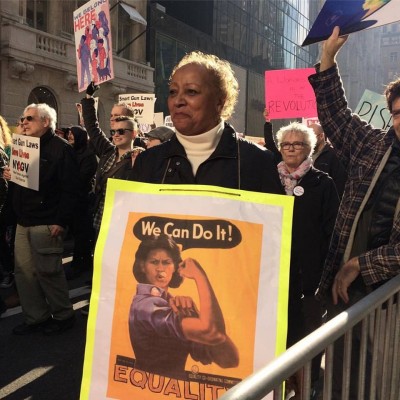 We Can Do It.
We Can Do It.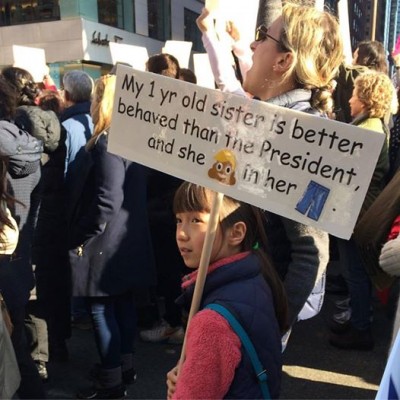
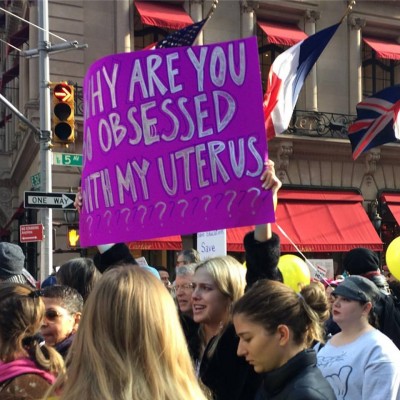
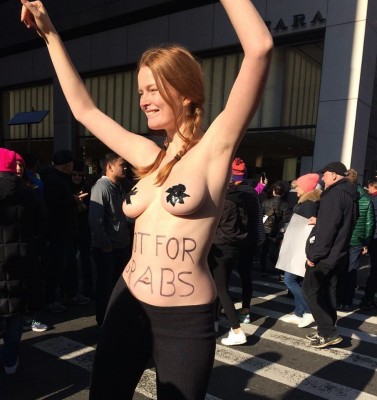 Not For Grabs.
Not For Grabs.